You are a toy!
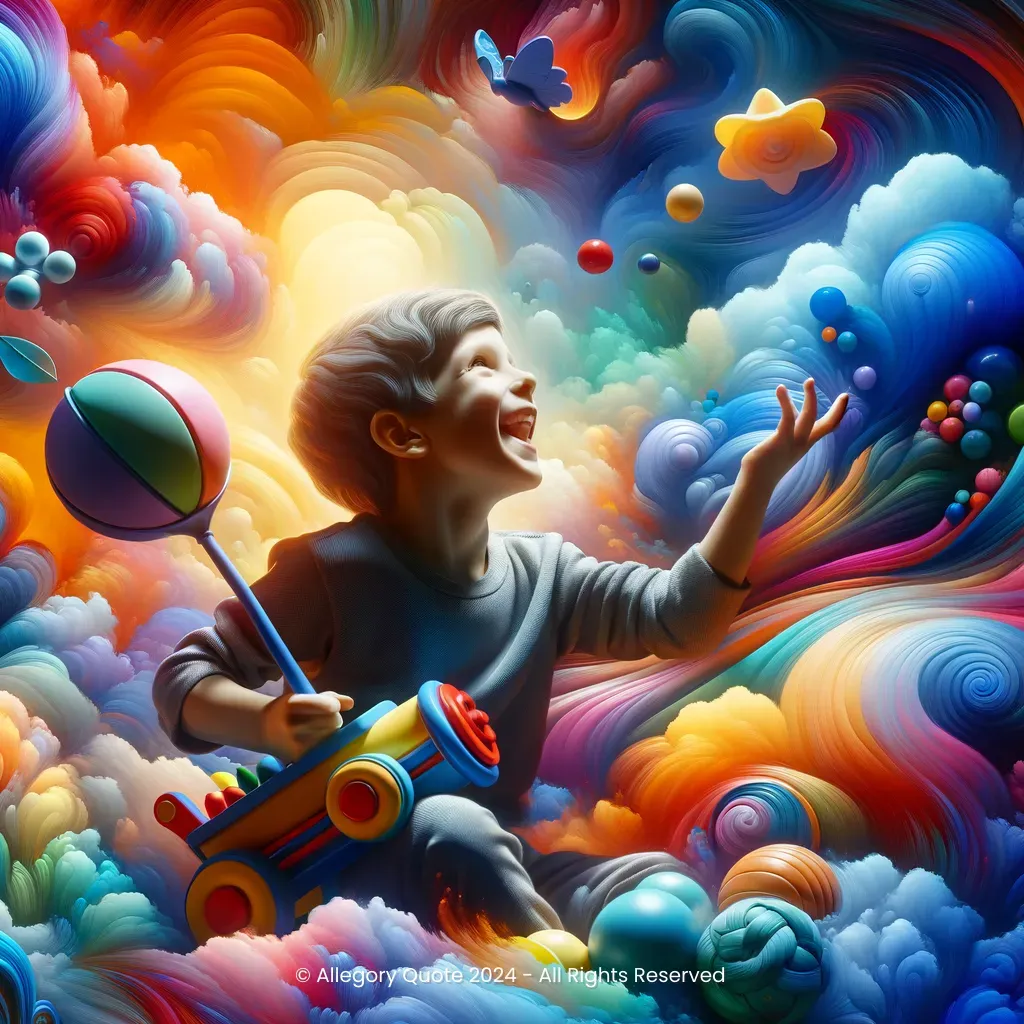
0
0
0
0
- Meaning
- The phrase highlights imaginative play and the relationship children have with their toys, suggesting that toys hold a significant place in childhood creativity and joy. It points to the philosophical concept of object-person relationships, where inanimate objects can symbolize comfort and companionship, showcasing human emotions projected onto non-human entities.
- Allegory
- The elements in the allegorical image represent the joy and creativity associated with childhood play. The colorful toys symbolize the various avenues of imagination available to children, while the dream-like environment illustrates the limitless nature of their creativity. This visual narrative speaks to the emotional connections formed between children and their toys, celebrating the imaginative power that such simple objects can hold.
- Applicability
- This phrase can be applied to foster creativity in children, encouraging them to engage in imaginative play. It invites people to reconnect with their inner child, reminding adults of the joy found in simple, playful experiences.
- Impact
- The phrase has contributed to the cultural landscape by emphasizing the fondness and sentimental value children place on their toys. It has inspired countless discussions on the importance of imaginative play in childhood development and has become iconic within the realm of animation.
- Historical Context
- The phrase is likely rooted in the early 1990s with the release of 'Toy Story' in 1995, reflecting the cultural significance of toys during that period as technology began changing the landscape of play.
- Criticisms
- While the phrase is generally viewed positively, some might argue that it trivializes the emotional connection children have with their toys, suggesting that the relationship is merely a playful fiction. Critics could argue that it undermines the understanding of children's attachment styles or emotional development through their toys.
- Variations
- Variations exist in other cultures that similarly personify toys, such as in Japanese culture, where 'kawaii' (cute) culture embraces the sentimental value of objects. The interpretation of toys as friends can vary, with some cultures placing more emphasis on the value of inanimate objects as companions.
-
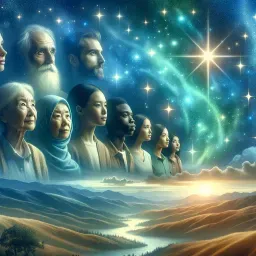
When you wish upon a star, makes no difference who you are.
-

It’s not until you lose everything that you can truly appreciate everything.
-
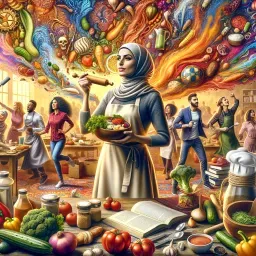
Anyone can cook, but only the fearless can be great.
-
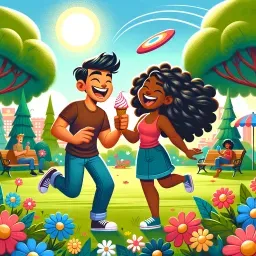
When you’re the best of friends, having so much fun together.
-
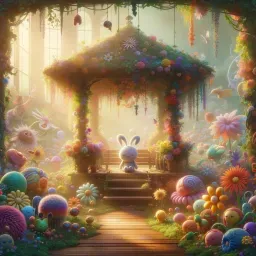
I’ve been hiding under your porch because I love you.
-
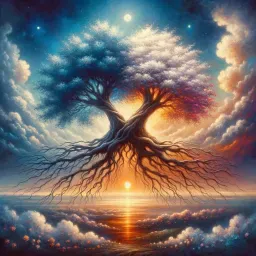
I’d rather die tomorrow than live a hundred years without knowing you.
-
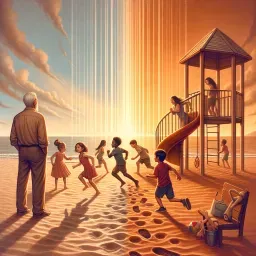
You never forget kids like Emily, or Andy, but they forget you.
-
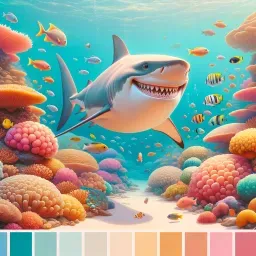
Fish are friends, not food.
-

The only way to get what you want in this world is through hard work.
-

Your identity is your most valuable possession. Protect it.
-

Oh yes, the past can hurt.
-
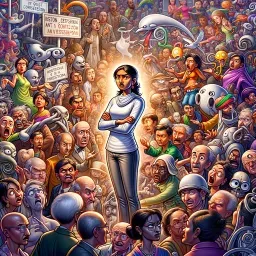
I’m surrounded by idiots.
No Comments